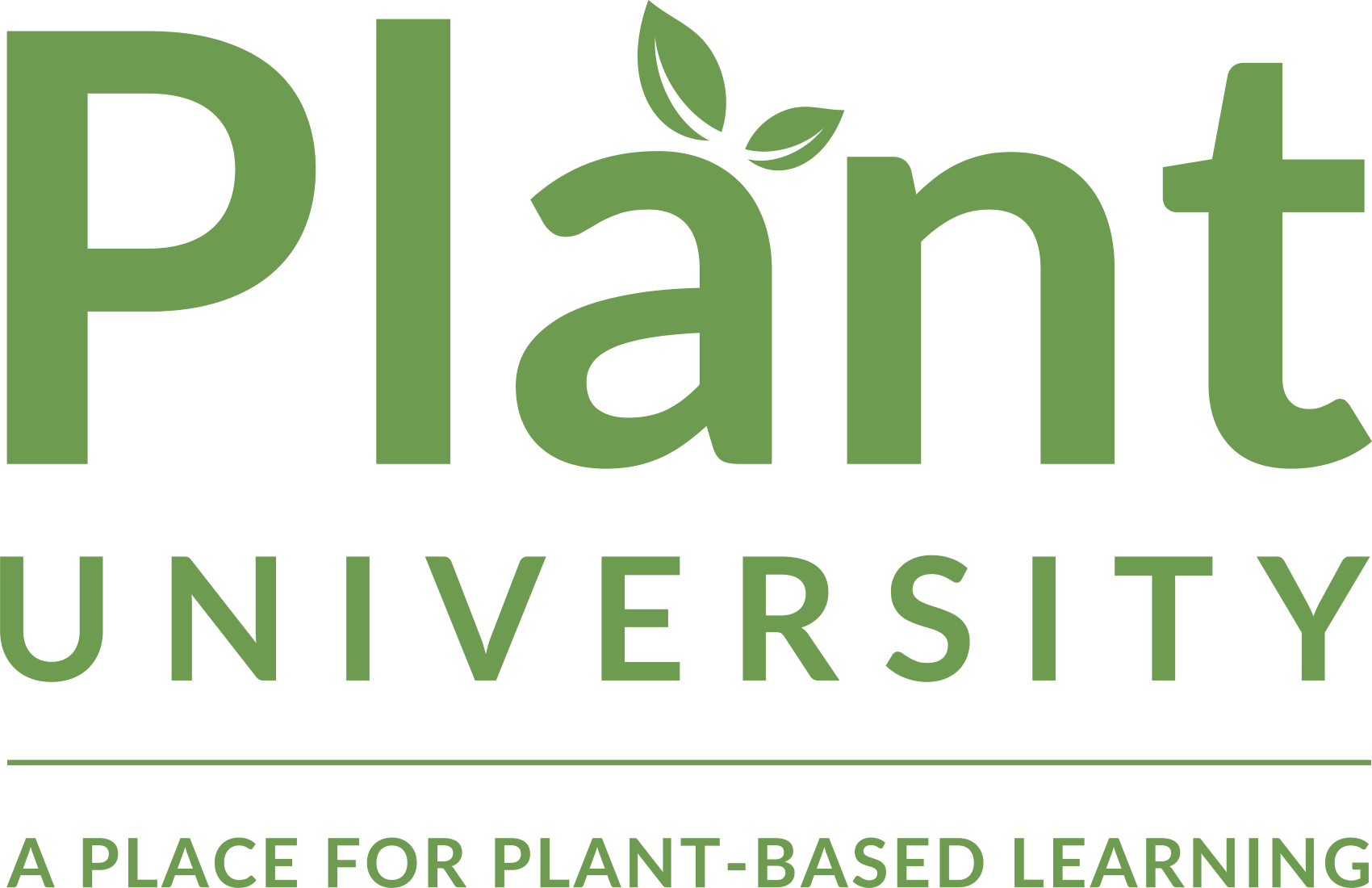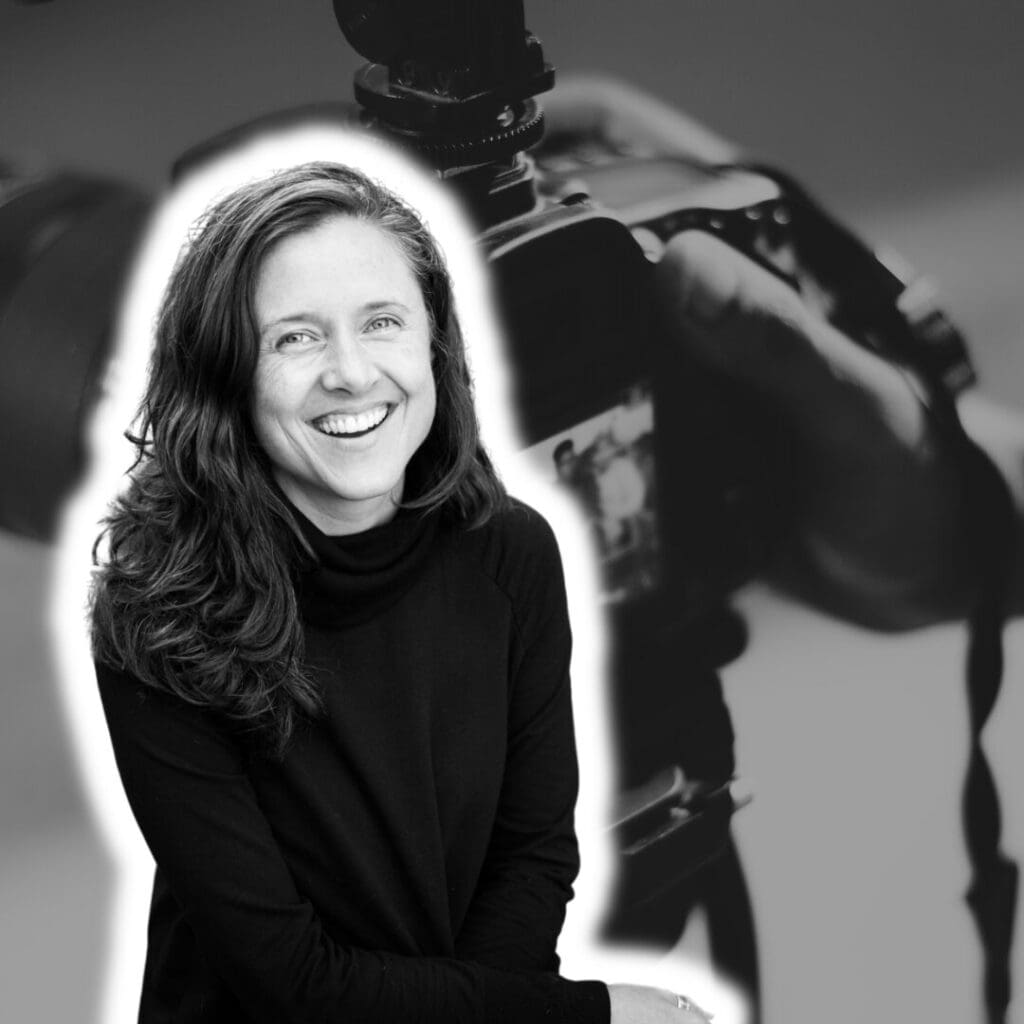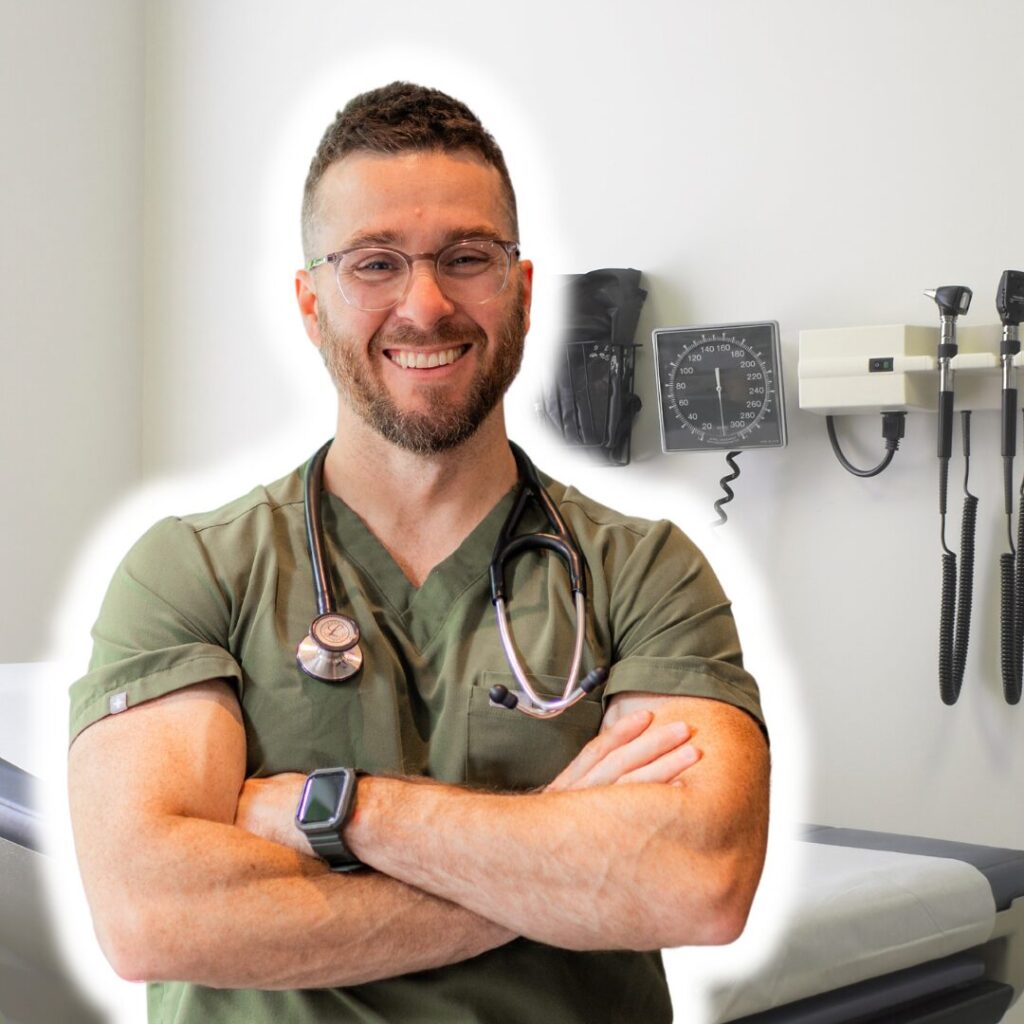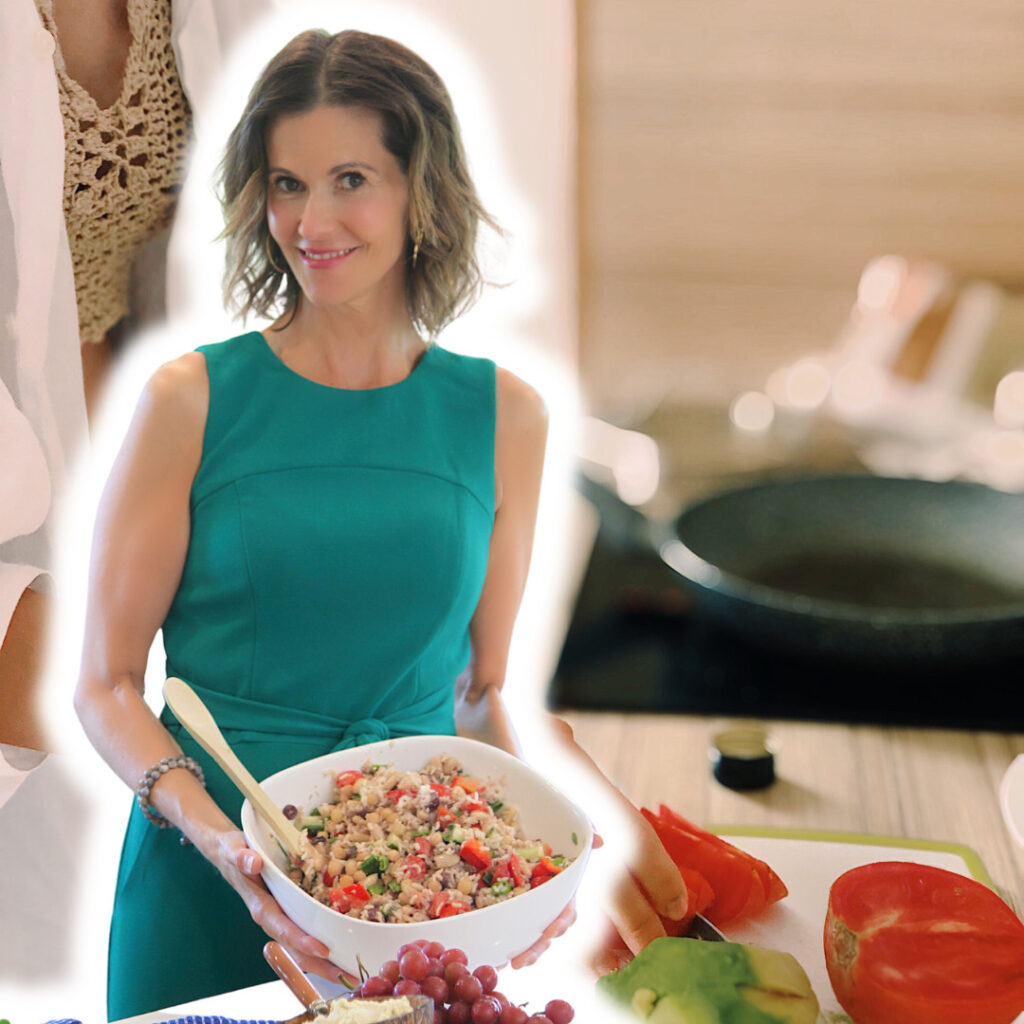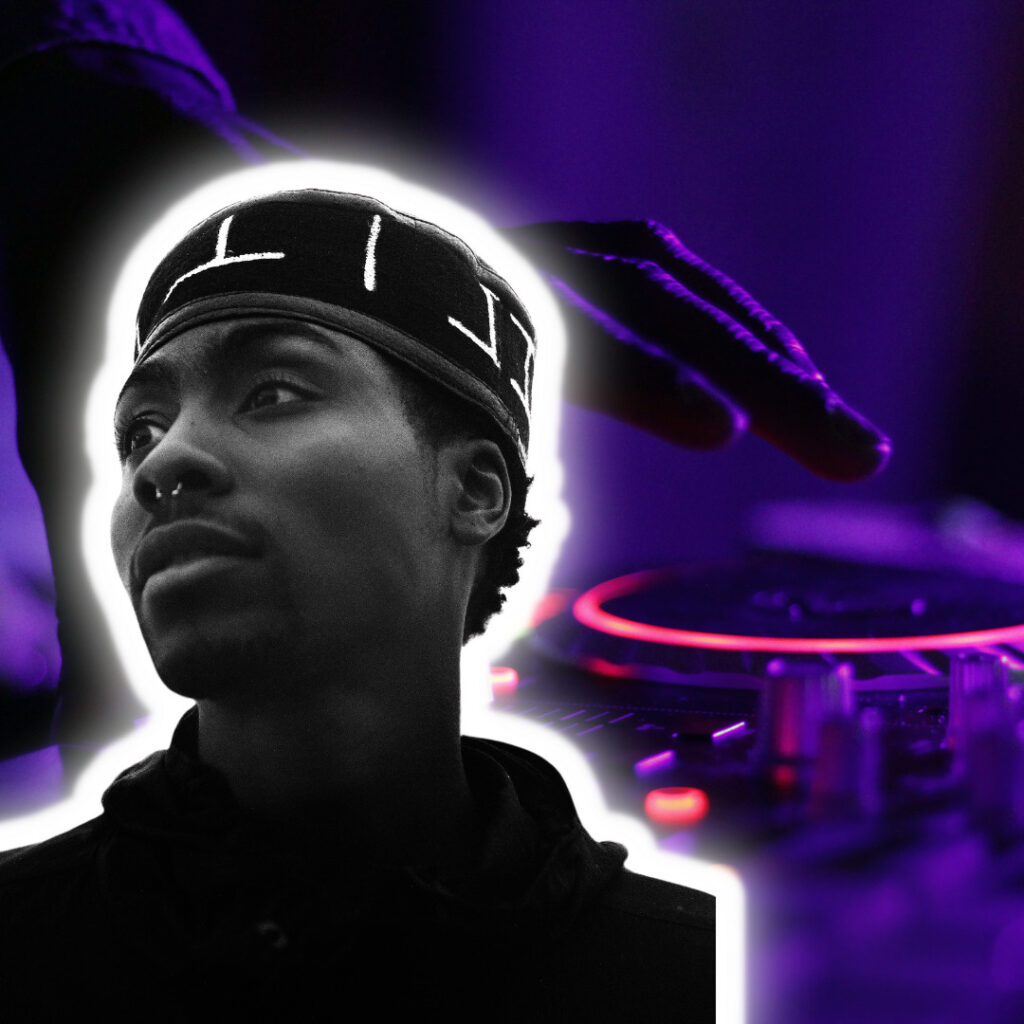Chat with a vegan: Stephanie Redcross West, business coach and marketing strategist
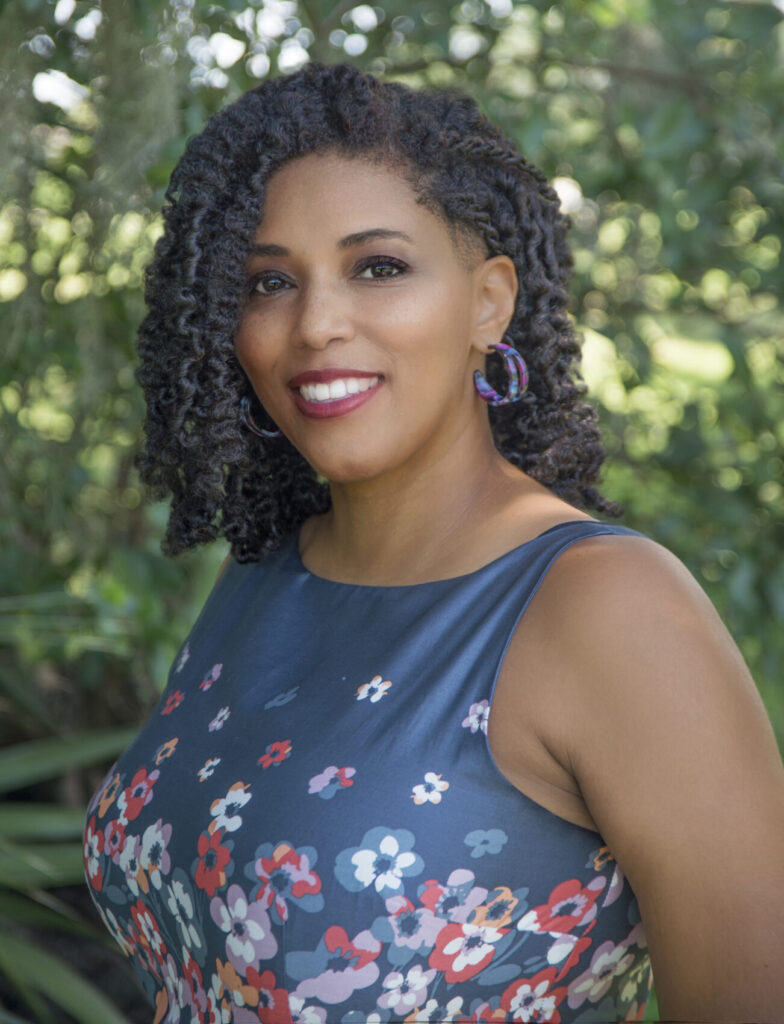
As part of our “Chat with a Vegan” series, Emma Levez Larocque sat down and spoke with Stephanie Redcross West. Stephanie is a business coach and marketing strategist based in Orlando, Florida. We hope you find her experience and advice helpful no matter where you are on your own plant-based journey.
You can follow Stephanie across multiple platforms:
If you’re interested in learning more after reading this blog post, you can find great resources on the Vancouver Humane Society’s PlantUniversity Platform and subscribe to get free plant-based recipes and be notified when the next interview is posted.
Note: If you’re listening to the video using earbuds or headphones, the interview audio only works on the left side.
Why did you go vegan?
When I think about why I went vegan, a lot of my initial foundation was around health. When I was in my senior year in college, I got E. coli. I’d been traveling around and ended up getting in contact with my food. Through that process, it helped me start to think about what I eat; think about how food and how diseases transmitted. Through that discovery, I started thinking about and learning about more of the chronic diseases that are often linked to the foods that we eat.
As I started to make a better connection between the food I eat and my health, I started to realize that getting on this vegan path was an option. And as I spent more and more time with the vegan community, I started to understand not only the animal rights perspective of it, but understanding how I needed to bring more compassion to what I do. I became much more of a vegan that understood that yes, health might’ve brought me into it, but the reason I stay is for the animals and for the environment.
What advice would you give for making a transition easier?
When you first transition, you should find things that you like. I know a lot of times when people are thinking about going vegan, often they’re trying to be the healthiest, they’re trying to sometimes get the award for putting in all the goodness, you know, chia seeds, flax seeds, all these things that you hear about superfoods and all of that.
But if you haven’t been eating those things, it can be hard to transition to them because your palate hasn’t developed. You haven’t developed a relationship with those foods. What I often tell people is to take the foods that you already have an existing relationship, often a positive relationship with, and transition those and make them and veganize them.
So if you have a favourite cake that you make normally for people for their birthday, or someone made it for you for your birthday, veganize that. If you have a favourite dish from your childhood, veganize that, especially if it brings about a happy memory.
What happens is, you’re not only going vegan, but you’re connecting a positive experience with those dishes and those items, and therefore you start to build those memories that really many of us unconsciously do through our lives as kids and so forth. And I think by creating that new pattern, it will not only help you bring some enjoyment to the transition, because it can be hard, any type of change can be a little bit hard, but it can also build an experience around it that can be highly positive.
What does ‘veganizing’ something mean?
Veganizing, at least for me, is often about substitutions.
It’s not necessarily what was in that original recipe is the only way to make it. When I was trying to veganize things, I would pick up a recipe that I knew and loved and looked for a substitute. So if it was calling for milk, I would look for a plant-based milk to substitute it with.
This day and age, there’s a lot of one-to-one substitutes for you to take something that was maybe an animal derivative or item and substitute it for plant-based items.
What is Vegan Mainstream?
A coaching and one-on-one business support tool and system for anyone who has or is planning to start a vegan business.
What we do is we help either teach you the marketing through like courses, or through group coaching. Or what we can do is we can work with you one-on-one to help you set up a strategy to help you understand all the marketing tools out there that are available to you at your fingertips and how to ultimately build, grow or scale a successful vegan business.
What changes have you seen in the marketplace?
I started my business back in 2009. Not only has the world changed, the vegan world has changed. I think the natural evolution of what many of us hoped for, where veganism is a topic of conversation in mainstream media and mainstream discussions.
Even as we’re going through grocery stores, even as you’re going to restaurants, you’re starting to see options on the menu. It’s so exciting to see the increase in demand for vegan products and services out there, not just from the vegan community, but from a larger group of people; maybe people who aren’t ready to buy a vegan t-shirt, but those individuals are showing up consistently and buying and purchasing these products and getting a benefit from it. So it’s been kind of amazing to see the expansion of the market.
However, there’s still so much work to be done. I think we would all hope there was a larger portion of the population that identified as vegan, but I do feel like the world has really shifted and the discussion is less of a “them versus us”. I really feel like more and more people feel like they can step their toes into veganism.
I believe opening up to discussions about things being plant-based has allowed even more people to join in on that discussion, participate, and individuals almost feel like they could be at home in the vegan community now, where maybe five and ten years ago, that wasn’t the case.
Why are vegan businesses so important?
I think vegan businesses are so important and ultimately can change the world is because of the ethics that we bring often to these businesses. And when I say ethics, I don’t want to make it sound like it’s a moral superiority or anything like that. What I mean is often when vegans are in business, they’re looking at a larger picture. They’re sometimes rewriting the way that we see success in a business where traditionally many businesses were just looking at their bottom line.
You’ll see for many vegan businesses, they’re concerned about their footprint. So therefore they’re trying to make sure that every product or service or anyone that they engage in in the entire. You know, supply chain that they can reduce their footprint, ensure that their products and services are more sustainable.
We want to be more compassionate. We want to be individuals that are aware of the impact that we make. Now, we can’t be all perfect. We can’t all do everything without making some mistakes. So I don’t want people to feel like they have to live up to this perfect picture. But what I feel that vegan businesses often do, and this is not just on the product side, but this is on the service side as well, is that we will often bring a different perspective to the party on how we do discussions, how we negotiate, you know, how we are looking to build solutions that benefit all as opposed to winner takes all.
What was your favourite food when you first transitioned?
When I first transitioned, I was much more of a comfort food person. I was always looking for like vegan pizza, that kind of thing. Also, when I first transitioned, I spent a good amount of time eating a lot more ethnic dishes.
Over time, what I’ve done is mash those two ideas together. While I still eat a little bit of vegan junk food, a lot of what I do is I like building bowls. I think the reason I like comfort foods is because they have high taste and comfort. And then, I’d like a lot of ethnic foods because of the flavor that I really love to, like, build a rice bowl and be able to say, okay, I have a rice bowl here with some pickled onions.
I have some seasoned up tofu, maybe it’s Thai seasoned tofu, you know, I may have some cut up cucumbers in there. I might throw some sprouts on top. I may sauté some mushrooms and onions. And then that way I’m able to kind of get multiple layers of flavor and crunch.
And that’s kind of my way of taking a lot of the different elements and styles and flavours that I ate when I first went vegan.
What vegan business are you loving right now?
As far as the landscape of products and services, there’s much more variety out there. When I first went vegan, it was kind of like you had a vegan burger, you had a vegan makeup or a vegan deodorant and everyone was mostly using the same one. It didn’t really cater to the variety of individuals who are in the vegan movement. And what’s so exciting to me today is how much more diversity is in products and services, how there’s more and more products that are available.
So someone like myself, you know, when I’m looking for makeup, it’s hard to have one-size-fits-all makeup. I love that you have brands like The Lip Bar out there that is offering makeup. And then for someone like myself with African American skin, it’s like, all right, I got some foundation that matches my skin like that really makes you feel represented in the movement.
This concept of inclusivity in products is really key, but some people say it, but they don’t necessarily do it.
It inspires me to be more comfortable of being me, of showing up as me in the world and feeling comfortable more and more in my own skin as I see more and more people being comfortable in their skin and more and more brands celebrating it.
This interview from PlantUniversity’s “Chat with a Vegan” series was hosted by Emma Levez Larocque of Plant-based RHN and featured Stephanie Redcross West.
More posts like this
I’m a photojournalist; here’s how I advocate for animals using the power of imagery
I’m a photojournalist; here’s how I advocate for animals using the…
I’m a family doctor; here’s what I tell my patients about going plant-based
I’m a family doctor; here’s what I tell my patients about…
Chat with a vegan: Dreena Burton, cookbook author and fascial stretch instructor
Chat with a Vegan: Dreena Burton, cookbook author and fascial stretch…
Chat with a vegan: Derek Simnett, nutritionist, YouTuber, and athlete
Chat with a Vegan: Derek Simnett, nutritionist, YouTuber, and athlete As…
Chat with a vegan: Pamela Fergusson, Registered Dietitian
Chat with a Vegan: Pamela Fergusson, Registered Dietitian As part of…
Chat with a vegan: Rian Peters, recording artist
Chat with a vegan: Rian Peters, recording artist As part of…
